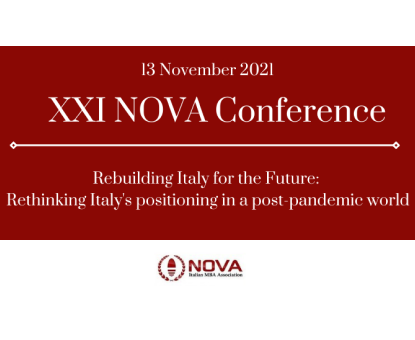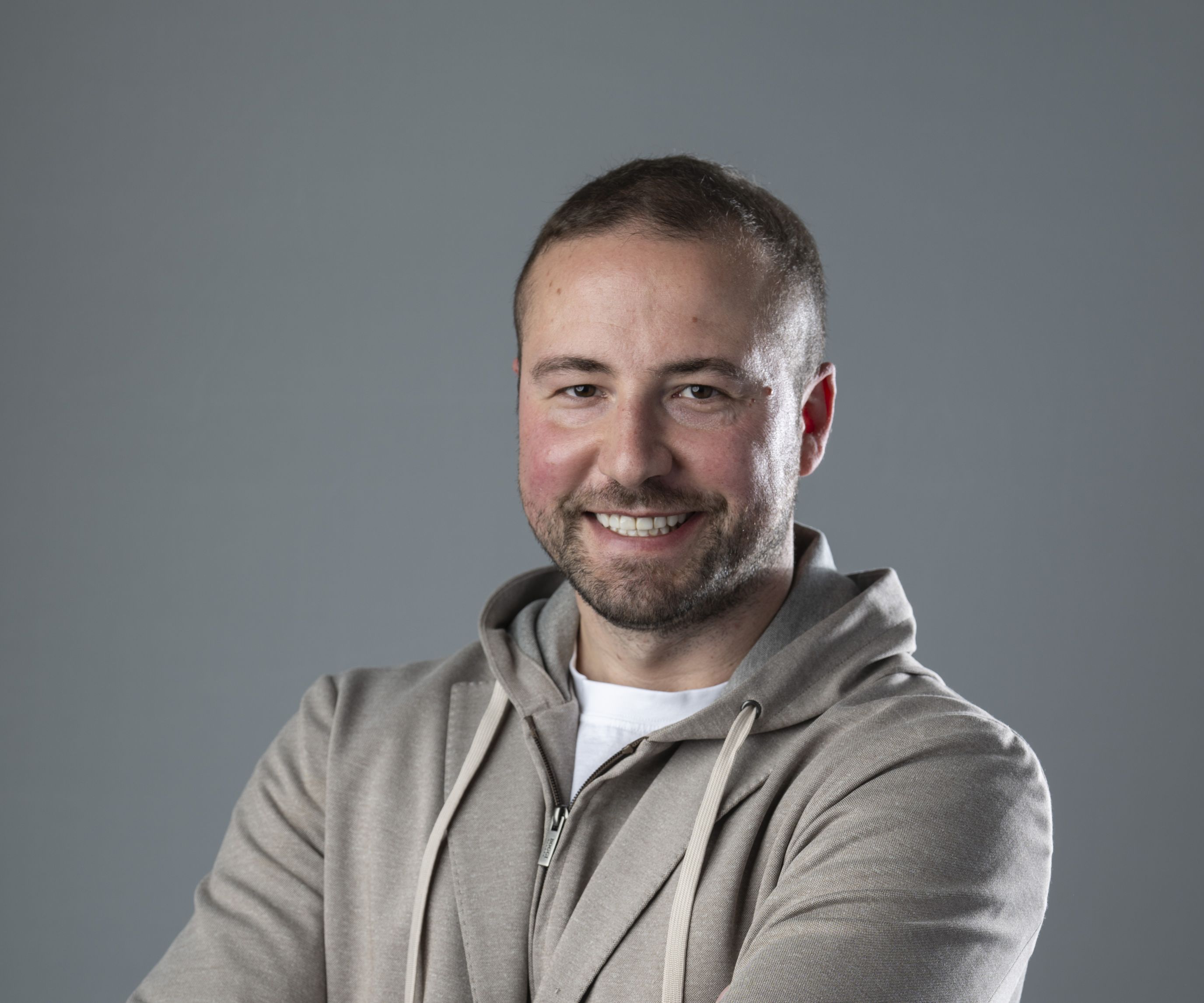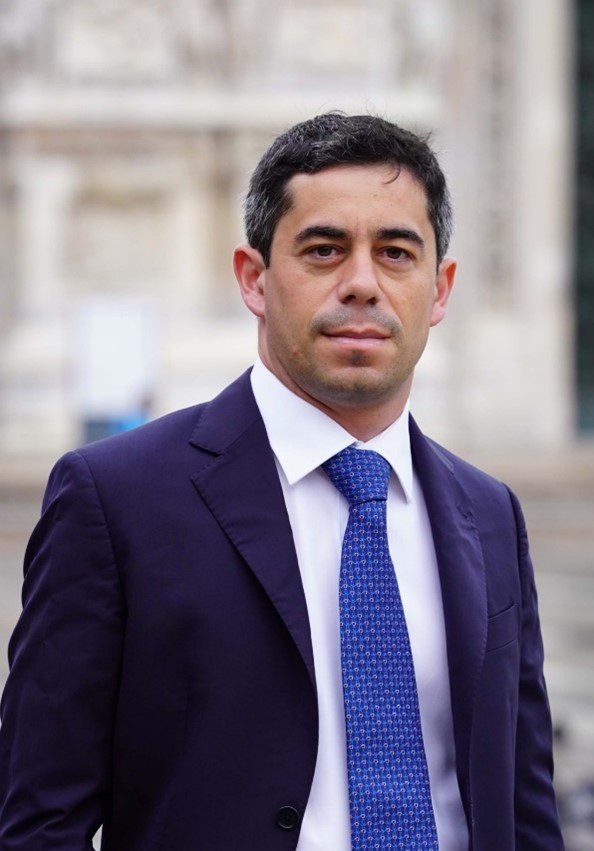

A brief report of the XXI NOVA Conference
The most notable event hosted by NOVA-MBA (the Association of Italian MBA students and alumni) is, without doubt, its yearly flagship conference. All editions have attracted top speakers from the Italian and international business community – including Eric Schmidt, Mario Draghi, John Elkann, Paul Polman, and Vittorio Colao.
This year’s theme, “Rebuilding Italy for the future”, gave an opportunity to some of the best Italian minds to discuss and redefine Italy’s positioning in a post-pandemic world.
The Keynote Speaker Andrea Illy, of illycaffé, opened the conference delving into the concept of the Made in Italy. Recently granted the Premio Leonardo, which rewards outstanding individuals who contributed to promoting Made In Italy worldwide, Mr. Illy stressed two important aspects related to its future: sustainability and digitalization. An ecological transformation led by decarbonization is what should drive Italian companies; together with this, opening to a more digital world can benefit companies by enabling traceability of the supply chain (very important for sustainability too), operational control, and digital marketing. The Made In Italy cannot but benefit from these two factors, especially if combined with its competitive advantage and added value deriving from high-tech, creativity, and quality products.
To discuss the second topic of the conference, related to innovation, Frida Polli (Pymetrics), Luca Ferrari (Bending Spoons), and Riccardo Zacconi (Sweet Capital) were invited to join a panel led by Luca De Biase (Il Sole 24 Ore). Pondering about possible reasons why Italy is still not considered an innovative country, they all agreed on the burdensome bureaucracy being the main issue. Also, Italy lacks the “right culture” as it should invest more in its people and in new competencies, in order to reach more innovative solutions.
Looking ahead, there are many things Italy can do to reach the spotlight in this field too: first and foremost, it should “think global”. Following the lead of Portugal and Sweden, Italian entrepreneurs should not start an idea only for Italy and focus only on Italy; they should keep a more universal mindset and ensure that Italy hosts more international symposiums and conferences based on tech and innovation. Another implementable solution is “cross-pollination”: Italy should not just attract scientists, but also successful entrepreneurs; a collaboration between Business, Engineering, and Life Sciences Schools might contribute to reaching this proposal.
With a solid team and a proper track record, it is not impossible to get fundings in Italy. As Mr. Zacconi suggested, it is important to use these funds to transform the startup into a unicorn and scale up at the global level.
Third and last exchange of the evening had as protagonists Pietro Sella (Sella Group) and Domenico Siniscalco (Morgan Stanley) – who were moderated by Luigi Zingales, professor at the Chicago Booth School of Business, in a discussion on family capitalism and SMEs. Forged by tradition and creativity, Italian enterprises need to focus on three new aspects if they want to keep being competitive in the long run. First of all, they should invest in digitalization and enable more technologies such as ultra-fast broadbands; good digital infrastructure is key for SMEs and it is fundamental that Italy moves towards this dimension too. Secondly, family- and small businesses should focus on sustainability: ecological transition policies are among the best industrial policies and can help reconvert firms in an effective way.
Last, but certainly not less relevant, is the idea that family capitalism and SMEs should aim at attracting a more diversified pool of talent: accepting young people that think outside of the family legacy, might be a value-added for the company; however, leaving space to global talent and meritocracy is not enough: entrepreneurs should also keep an innovative mindset by traveling more and learning.
This insightful conference ended with the final remarks of Tommaso Stefani, Co-founder and Chair of NOVA-MBA, and of Francesco Tronci, President of NOVA-MBA. If there is one main takeaway from what had been shared between all participants, is the importance to invest in talent and education. Italy is a great country with a lot of high-quality human capital; the appointment of Mario Draghi as new Prime Minister even led to Italy’s nomination as “Country of the Year” by the Economist. Therefore, let’s be more ambitious, roll up our sleeves, and reposition Italy in the world stage!
Recent Post
Copyright © 2026, NOVA - Italian MBA Association
Website Designed and developed by Theme Nepal

.jpg )



